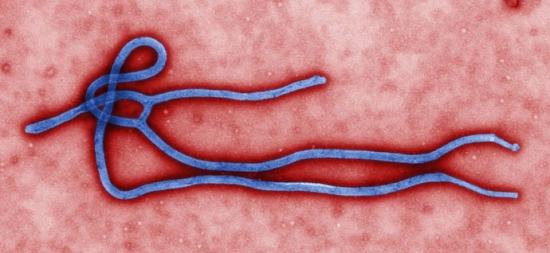You are here
Sat, 2009-03-21 11:57 — mdmcdonald
The mission of this working group is to articulate and shape issues of resilience and sustainability on the continent of Africa as they may be implemented as reforms of current policies, as well as contemplate and make recommendations for more extensive critiques and proposals for national, provincial, and local systems transformation, as may be necessary or desirable beyond the scope of traditional reforms being undertaken by the current African national governments and local government proposals in Africa.
General Topic Tags:
Problem, Solution, SitRep, or ?:
Group:
Group description:
This working group is focused on developing an Africa Resilience Initiative to ensure resilience and sustainability for all Africans.
Group visibility:
Public - accessible to all site users
Add Content to this group
Members
| Aboubacar Conte | admin | Anthony | bnorton | Carrielaj | Chisina Kapungu |
| ChrisAllen | craig.sevcik | Dr Ojia Adamolekun | efrost | Elhadj Drame | Grace Kim |
| Hadiatou Balde | jranck | Kathy Gilbeaux | mdmcdonald | MDMcDonald_me_com | mike kraft |
| njchapman | Norea | SmShako | TacarraB | Tjivekumba Kandjii |






Recent Comments